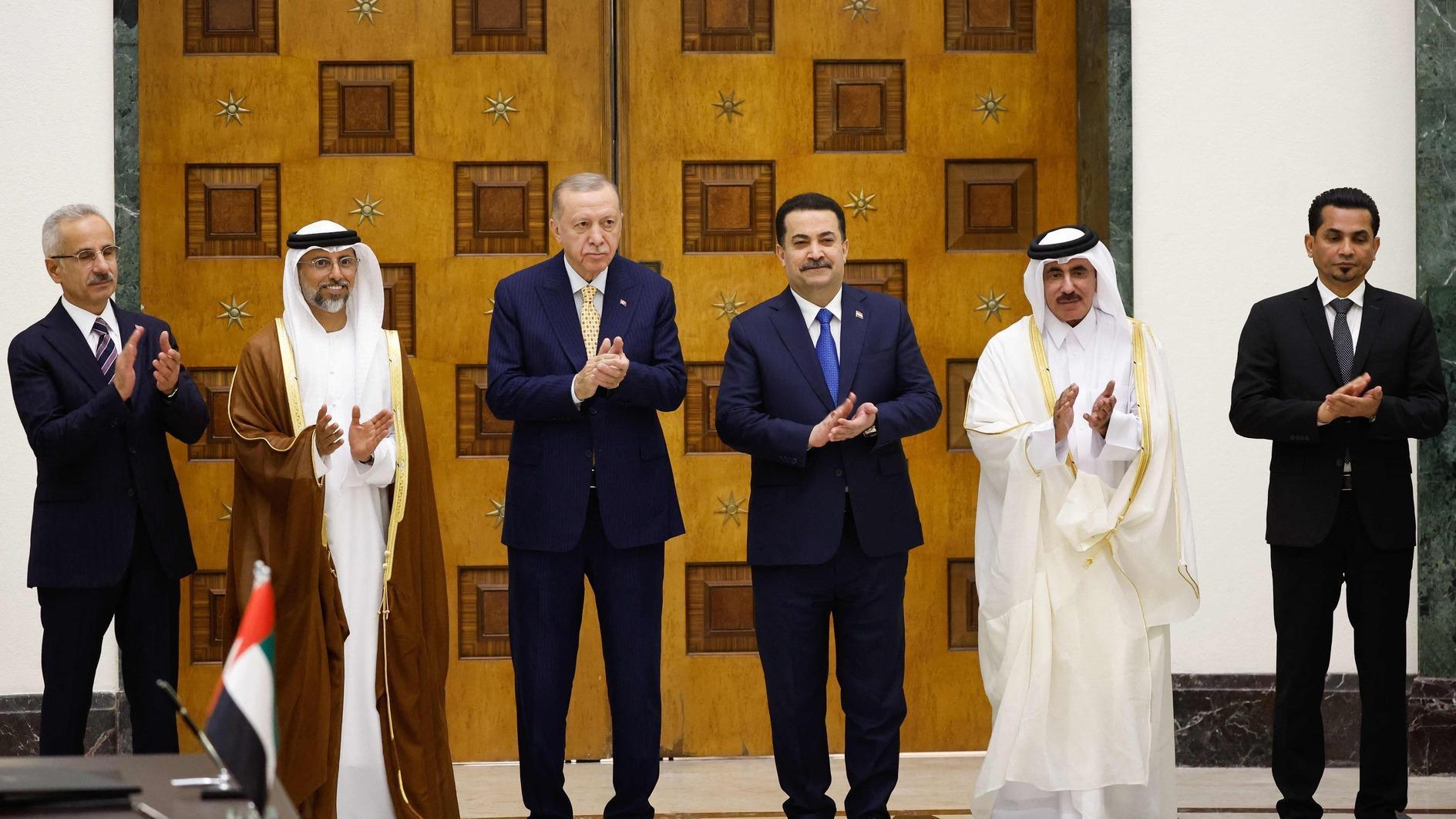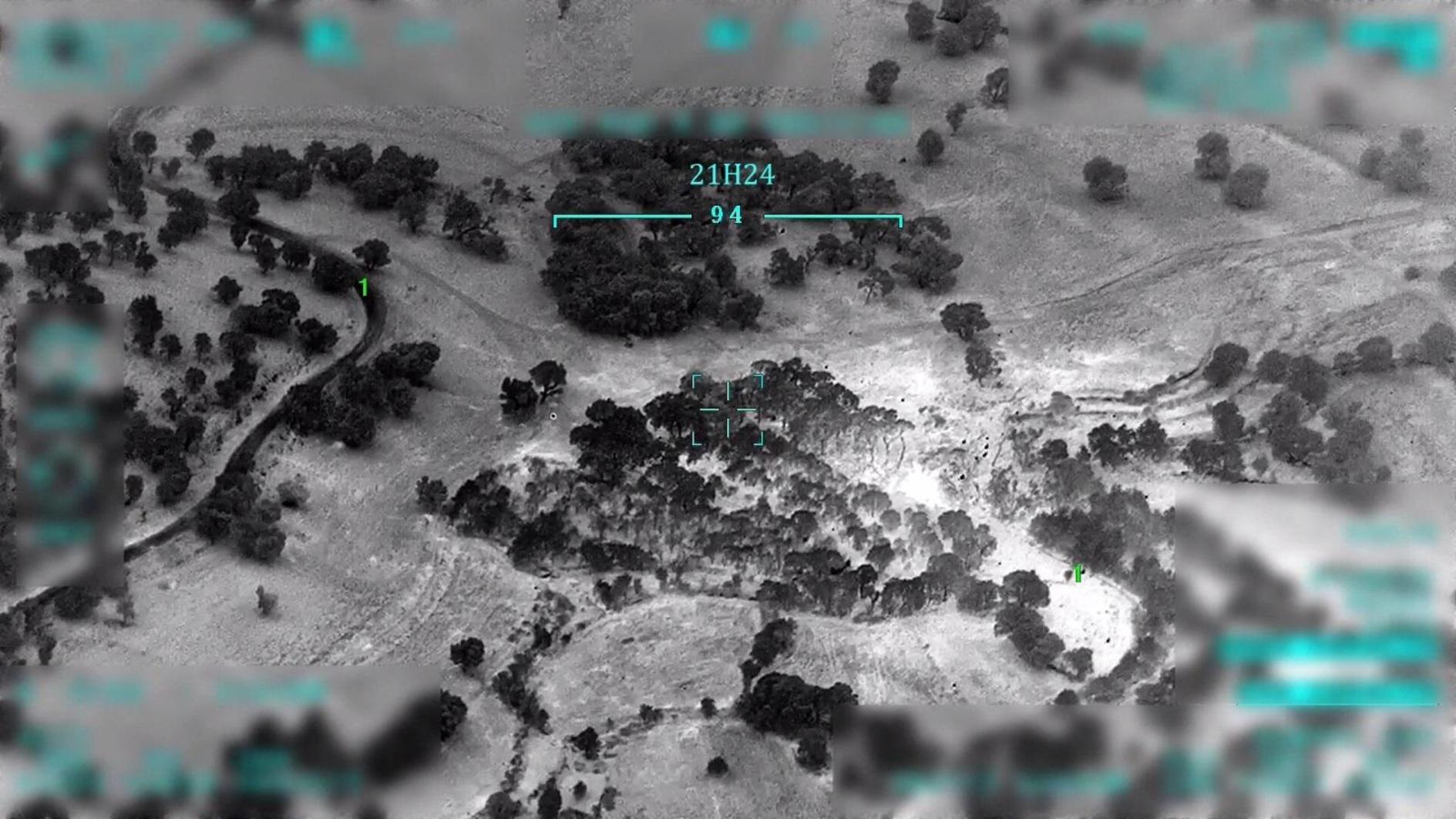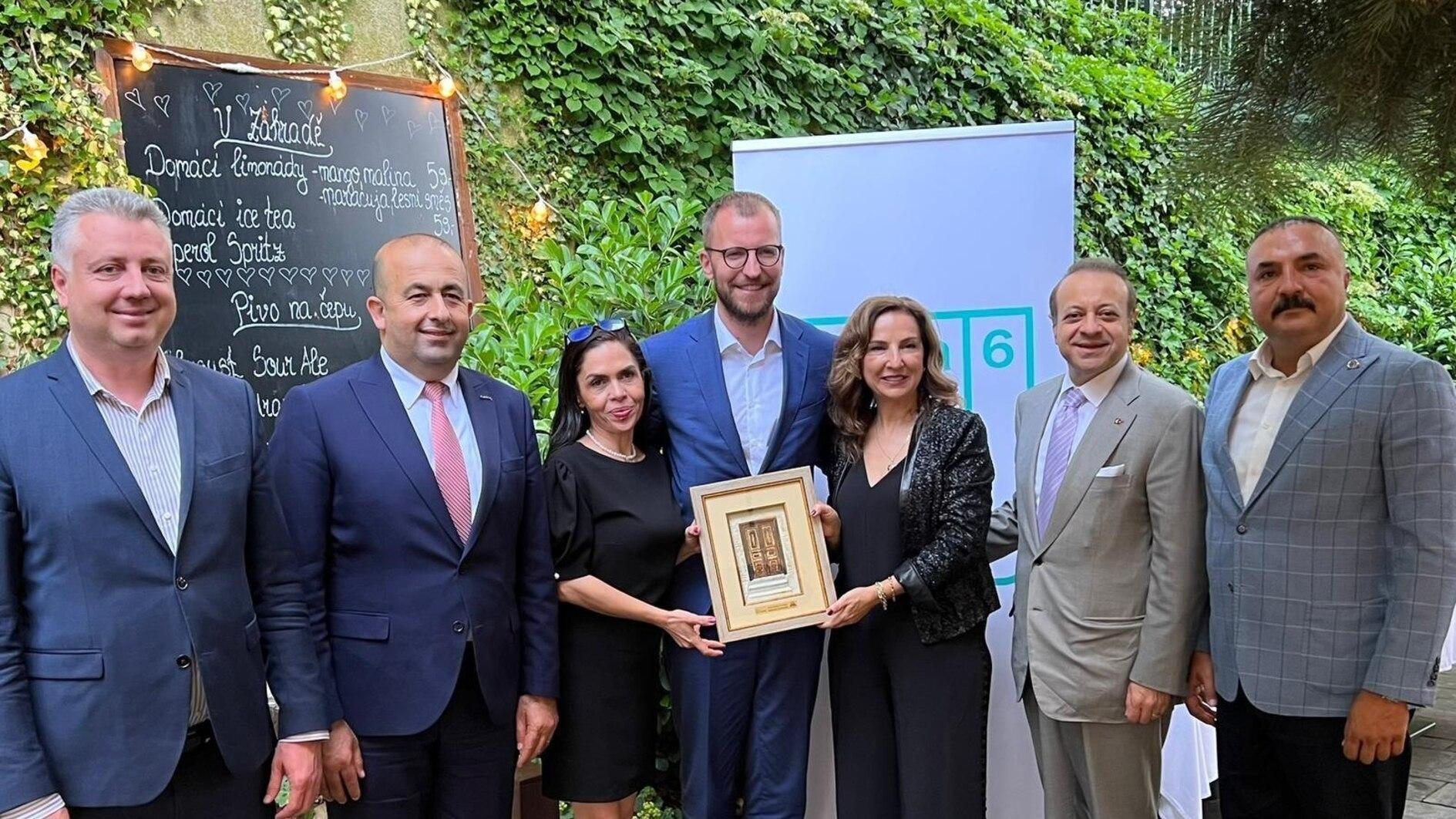The enemies of Turkey’s enemies
After years of intense work, Turkey’s foreign policy wizards have finally created a new version of the cliché stratagem, “the enemy of my enemy is my friend.” Most enemies of Turkey’s enemies are Turkey’s enemies, too. Then there are Turkey’s former allies which are now its foes, a geostrategic stance which, once upon a time, a prime ministerial (and now, presidential) foreign policy adviser described as “precious loneliness.”
Turkey’s regional nemesis, Syria, was its best regional ally. Now Turkey is at war with both Damascus and the Islamic State of Iraq and the Levant (ISIL), which is also fighting Damascus. ISIL is also fighting various fractions of Kurdish separatists whom Turkey has fought since 1984. Turkey’s enemy, ISIL’s other enemy, the Lebanese Hezbollah, is also increasingly hostile to Turkey. ISIL’s and Hezbollah’s longer-term enemy Israel is also Turkey’s enemy, along with Egypt, another common enemy of ISIL and Hezbollah.
On the brighter side of things, Turkey has been able to create several temporary alliances in its region based on hostility for itself. All of which is a powerful message to Hamas and the Muslim Brotherhood, Turkey’s only remaining allies, that relations with Turkey can swing to the opposite spectrum of friendliness at any moment, for any region-specific reason.
But Turkey’s Islamists now have the potential of doing something unique: Turning the country’s other Islamists into yet another foe.
A recent survey by Metropoll, a Turkish pollster, has revealed that only a marginal 5 percent of Turks feel sympathetic to ISIL. Ostensibly, that’s wonderful news. In reality, it is not so wonderful news. The survey’s finding means that there could be nearly 400,000 Turks who feel sympathetic to ISIL.
If only 10 percent of that 5 percent of Turks decided to terrorize Turkey because the important men in Ankara, who once invested in ISIL in the hope that it could topple Syrian President Bashar al-Assad only to turn against the jihadist group, this could mean an army of 40,000 jihadists residing on Turkish soil. Forty thousand warriors, whom no army can bomb, scattered across the country.
Yet, according to Metropoll’s findings, nearly a third of Turks do not think ISIL will be a security threat to Turkey. One becomes curious if the poll respondents include Turkey’s president or prime minister. Apparently, Ankara does not learn from past mistakes. Various statements by Prime Minister Ahmet Davutoğlu clearly indicate that Turkey’s regional priority goal remains the downfall of Mr. al-Assad.
In a powerful recent article in the New York Times, Michael Tanchum of Tel Aviv University and Halil M. Karaveli, a senior fellow at the Central Asia-Caucasus Institute and the Silk Road Studies Program, wrote the following:
“Turkey’s dilemma is far more grave than its leaders realize. Indeed, Turkey’s current situation resembles the early years of Pakistan’s sponsorship of the Taliban. The Islamic State [ISIL] is recruiting militants in Turkey. And failure to clean its own house now could lead Turkey down the path of ‘Pakistanization,’ whereby a resident jihadist infrastructure causes Sunni extremism to ingrain itself deeply within the fabric of society.
“Turkey’s intervention in the Syrian civil war parallels Pakistan’s support of the Taliban to affect the course of the Afghan civil war. But the jihadism abetted by Pakistan did not remain across the Afghan border. Turkey may now be witnessing the beginnings of a similar blowback.
“The Turkish government’s decision to turn a blind eye to Islamic State activity within its borders has similarly led to the extremists’ increasing influence in certain areas of Turkey’s major cities.
“A campaign by Sunni extremists against the Alevi community could lead Turkey into a Pakistan-like vortex of sectarian violence and radicalization. The present government’s own politics of polarization ... may further inflame sectarian tensions. And Islamic State militants will not hesitate to exploit the Sunni-Alevi fault line in Turkish society.
“Turkish citizens may be drawn into the orbit of militancy just as segments of Pakistan’s population have been. If the Islamic State’s Turkish networks remain intact, Turkey runs the risk that homegrown militants will be empowered by the return of fighters from Islamic State territory in Syria and Iraq." (“Pakistan’s Lessons for Turkey,” The New York Times, Oct. 5, 2014).










